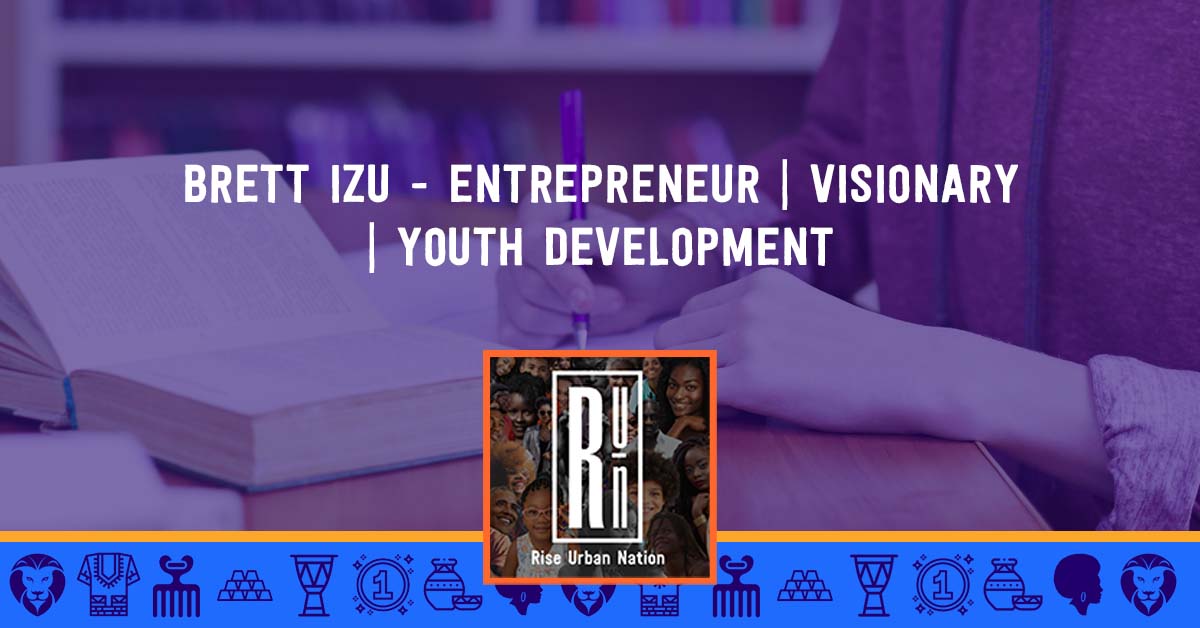Investing for Beginners: Tips and Tricks on How to Get Started
Do you dream of the day when you can retire from the day to day grind of heading into work? If so, you should know that experts predict you'll need approximately 80% of your current yearly income per year in retirement. If you currently have a salary of $80,000 and live comfortably, you'll need about $64,000 per year in retirement.
Maybe you dream of sending your kids off to college in the future and want to make sure you'll have the funds to do it.
Investing for beginners doesn't have to be intimidating or hard if you have some real goals in mind. If you're ready to learn some investing basics so you can prepare for the future, we can help. Read on to learn some basics of investing and how you can start to prepare for your future goals.
What Is Investing?
You certainly hear the term investing thrown around like you should understand it. You hear brokers and investment firms advertising on tv. But let's go to the basics and understand what it really means to start investing.
When you invest money, you put it into something with the goal that over time the funds will increase in value. So, investing goes beyond just saving. Sure, you are saving money because you aren't spending it. But ideally, the money you put into an investment would increase in value over time.
Saving is more of a short term way of putting money away. Whereas, think of investing as a long term plan to save and grow your own money.
Why Is It Important to Start Investing?
So, why is it so important to start investing? You may have financial goals for the future that you want to achieve. This might include retirement or college savings.
It's also important to start investing because instead of just saving, you're making your money work for you. When you invest with the long game in mind, you are making a plan for your money to not just get saved, but also to grow for you.
Frankly, to achieve the goals of being able to retire or send kids to college requires you to start early so you know you'll have enough money put away.
How to Know You're Ready to Invest?
So are you wondering how to start investing or even if you have enough money to start investing for the future?
You might even be thinking you don't have a whole lot of spare money and wonder if it's enough to start investing.
Most experts suggest that before you take a deep dive into investing, you should first make sure you have an emergency fund in place. Most of the places you'll want to invest won't allow your money to be fluid. So, you want to be in a situation where you have access to funds for an emergency without having to tap into an investment.
It also makes sense to pay down debt. If you have high interest credit card balances, you'll lose any gains you make in your investments by paying those interest costs.
Once you have an emergency fund and have paid down your debt, you're ready to begin investing in your future.
Places to Invest Your Money as You Get Started
As a beginning investor, you might be wondering what types of investment options are available for you. Let's take a closer look.
401K or Other Employer Retirement Plan
Not all employers offer this, but if you have access to a 401K plan or a pension fund through work, you should absolutely be taking advantage of it. Often employers will match funds that you put away into a 401K. The money is also taken out before taxes, saving your tax liability too.
Robo-Advisor
Robo-advisor investing is smart for beginning investors because it requires very little effort from you. You can invest a small amount of money, even monthly, and the computer using algorithms will handle the investing for you.
Mutual Funds
A mutual fund is a group of investments all grouped together. Your money basically gets pooled with other investors and the fund makes investments. Many employer retirement funds allow you to put your money into a mutual fund. Again, a mutual fund is managed by a team of experts, allowing you to know there are experts handling your assets.
Index Funds
An index fund is very similar to a mutual fund. However, in an index fund, the computer is programmed to monitor the market index and adjust the funds investments accordingly.
Investment Basics, What to Consider
As you prepare to begin investing, there are some investing basics you should consider. You want to think about these items as you decide where to put your money and for how long.
Watch Out for Fees
Fees are a reality of investing. The people doing the work on the investment need to get paid. Yet, fees can vary from investment to investment. If you select an investment with a higher fee structure, it can really eat up your potential growth over time. You should always understand what fees you'll be charged with each investment.
Consider Risk
Anytime you invest money, you need to be prepared for risk. Some investments carry more risk and the potential to lose more than others. There is always an associated risk when you put your money into something. It's important to know the level of risk associated with any investment.
You also need to remember that investing is a long term activity. Investments will rise and fall, but in the long run haul, most will grow.
Understand Diversification
To combat risk, it's important as you begin investing to work on diversification. This simply means you are putting your money in a variety of places versus in all one place. If your money is all in one place and there is a loss, you have the potential to lose more.
Long Term Game
As you make investment decisions, you want to consider how long before you should need access to the money. This can help you to create a plan and give you time for the investment to really grow.
Tax Implications
As you consider how long you have before you need access to your investment, also consider tax implications. Often if you take money out too soon, it can be very costly. Talk with your financial advisor about what tax implications are associated with the investments you make.
Investing for Beginners, Get Started Today
Investing for beginners doesn't have to be overwhelming or scary. In fact, it should make you feel empowered that you're taking hold of your finances and planning wisely for the future.
For more opportunities to learn and grow in your life, be sure to check out our podcast page.











